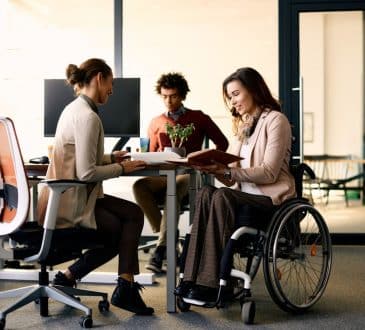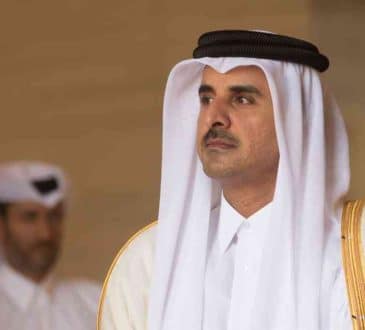Why Election Turnout is Job One

In Moldova’s recent presidential election and referendum on joining the European Union, the importance of robust voter turnout and protection against malign influences was driven home. Serving with the International Republican Institute’s international election observation mission, I joined a diverse team of 34 observers from seven countries, united in ensuring a fair election process. The international delegation was co-led by six-term U.S. Congressman Peter Roskam and former European Union Commissioner and United Nations Deputy Secretary-General Danuta Hübner.
The experience was a lesson in the meticulous operations required for election integrity and how critical voter turnout and vigilance are to safeguard democracy, especially against external interference in democracies worldwide.
Traveling across Moldova’s southern region, visiting 13 polling stations from small villages to larger cities, I witnessed the profound sense of duty and patriotism Moldovan citizens bring to the process. Poll workers, beginning their day at 7 AM, stood solemnly as the national anthem played. Later that night, I watched as votes were carefully counted by hand, with ballots securely transferred under police guard to central election authorities. The process reinforced the value of accuracy, transparency, and integrity in an election system.
I also learned threats to democracy do not wait for election day; they begin well in advance.
Moldova, sharing borders with Ukraine and Romania, was the target of malign influences, particularly from Russia. Roskam noted: “Moldovans demonstrated resilience in the face of unprecedented foreign interference…Undeniably, the greatest threat to Moldova’s electoral integrity is malign foreign influence from the Russian Federation.”
Moldovan President Maia Sandu accused Russia of interfering in the election by spending $15 million on propaganda, cyberattacks, provocateurs, and outright vote-buying, with operatives allegedly purchasing up to 300,000 votes to destabilize Moldova’s shift toward closer EU ties.
In this context, Moldova’s election exemplifies the urgent need for countries worldwide to remain vigilant and proactively safeguard their electoral processes through transparency, a vital foundation of democratic elections.
For instance, Moldova’s requirement for voter identification with both address verification and photo ID, centralized to avoid duplicate voting, helped counter potential manipulation. Making voting accessible to citizens living and traveling is equally critical. Observing these practices in action reminded me of the importance of maintaining comprehensive, accurate voter rolls and requiring identification to reinforce legitimacy and trust in the results.
Danuta Hübner, former EU Commissioner and United Nations Deputy Secretary-General commented that while Moldova’s preliminary results had been declared, the real work of protecting democratic institutions was ongoing. “Elections are fundamental for democracy,” Hübner emphasized, “but democracy cannot survive on elections alone.” Her words serve as a reminder that democratic vigilance cannot be limited to single days; it must be a sustained effort, requiring engaged citizens and committed reforms to reinforce electoral integrity.
Democracy is more than a vote. It’s a commitment shared by citizens, poll workers, and the wider community to protect each other’s right to a free, fair, and transparent process. Moldova’s election experience, marred by interference but ultimately upheld by those who believe in democratic principles, should serve as an example for democracies everywhere: ensuring high turnout and protecting the electoral process are indispensable duties.
The Moldovan people deeply grasp this concept. Although the referendum to amend the constitution for EU entry passed by a narrow margin, President Sandu now faces a November 3 runoff against pro-Russian candidates.
In a world where malign actors seek to exploit every vulnerability, voter engagement, transparency, and resilience must be job one for any democracy that values its sovereignty and the will of its people.
Written by Lisa Gable.
Have you read?
World’s Most Innovative Countries, Best Fashion Schools. Best Universities. Best Medical Schools. Best International High Schools. Countries: Most Female Billionaires.
Bring the best of the CEOWORLD magazine's global journalism to audiences in the United States and around the world. - Add CEOWORLD magazine to your Google News feed.
Follow CEOWORLD magazine headlines on: Google News, LinkedIn, Twitter, and Facebook.
Copyright 2025 The CEOWORLD magazine. All rights reserved. This material (and any extract from it) must not be copied, redistributed or placed on any website, without CEOWORLD magazine' prior written consent. For media queries, please contact: info@ceoworld.biz








